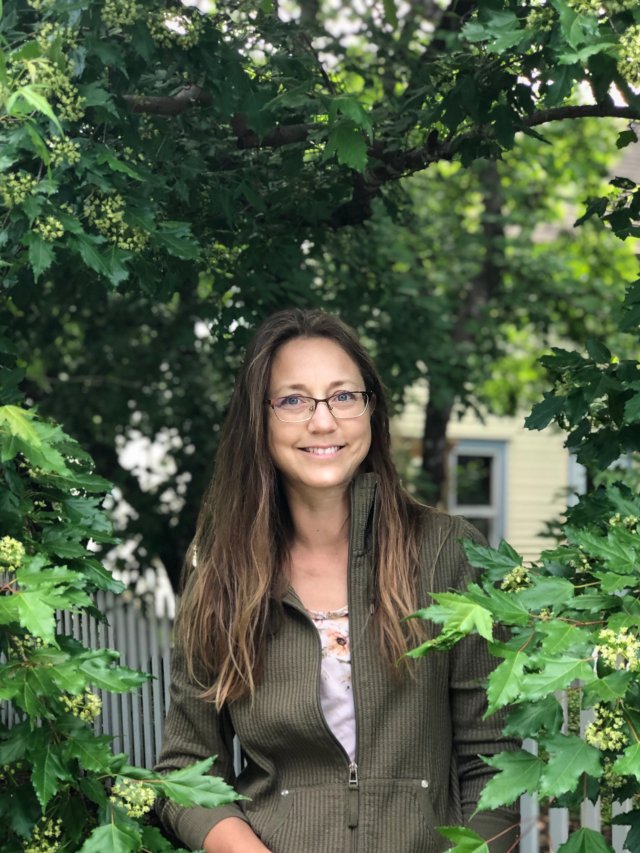Meet EPA Scientist Jennifer Josephs

Jennifer studies how environmental changes in Great Lakes Areas of Concern influence changes in human well-being. She currently works on two projects: one is studying human perceptions and use of the Pickle Pond area before, during, and after environmental remediation and habitat restoration; and the other is researching environmental change and trauma to begin developing a common language between environmental sciences and mental health sciences.
Tell us about your background.
I have a B.A. in anthropology and a Ph.D. in conflict analysis and resolution.
When did you first know you wanted to be a scientist?
I’ve always been curious and eager to learn why and how things happen.
What do you like most about your research?
I love being able to dig into and explore comprehensive underlying issues of social problems and understand how bits and pieces influence the bigger picture.
How does your science matter?
Understanding how and why humans think and act the way they do is important, in my opinion, for any kind of socio-environmental planning and decision-making – and being able to offer social strategies to bridge differences is especially important when there are conflicting visions, divergent positions, or opposing needs to consider.
If you weren’t a scientist, what would you be doing?
I’d be a teacher (although that’s really just expanding the pie of what I do as a scientist).
What advice would you give a student interested in a career in science?
If they are approaching their field from a qualitative perspective, I would encourage them to always be thinking about the questions that have not been asked or answered, the people or subjects that have not been included, and the assumptions behind any conclusions. I would encourage them to supplement their coursework with statistics and geographic information system courses to enable them to expand their ability to explore the breadth and depth of environmental and social events.
What’s your role in the Pickle Pond research project?
I am a principal investigator, meaning that I am one of the project leads. I help with the design and implementation of the study, as well as the collection, analysis, and synthesis of the data.
What do you think the coolest scientific discovery was and why?
I’m not sure about the coolest discovery, but I think the best strengths of science is promoting a good listening ear, a keen eye for observation, and an open heart and mind for learning.
If you could have dinner with any scientist, past or present, who would you choose and what would you talk about?
I would choose to have dinner with Robin Wall-Kimmerer. I’m in awe of her skill in illustrating the relevance and interconnectedness of Indigenous ways of knowing and Western science. I would love to talk with her about her experiences, what her current projects are, and what she hopes for.
You are stranded on a desert island; how do you use science to survive?
Hopefully I am not stranded alone so as a social scientist, I can contribute towards establishing and building supportive and resilient relationships, help recognize the barriers we face, and help develop and implement strategies to overcome them.
What do you think is our biggest scientific challenge in the next 20/50/100 years?
Reconnecting Western culture with nature; overcoming the arbitrary social and political barriers that separate us from the environment and each other.
Editor's Note: The opinions expressed herein are those of the researcher alone. EPA does not endorse the opinions or positions expressed.
